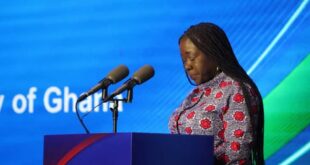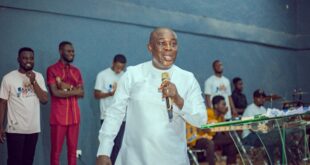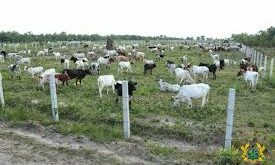This, according to them, would help ease the burden of government in off-setting the about US$7.5 billion energy sector debt.
Based on projections made under the Energy Sector Recovery Programme, it was expected that annual sector debt would grow by US$2.7 billion with accrued debt reaching US$12. 6 billion by 2023 largely due to the Pay or Take agreement for excess capacity generated and agreements to procure more gas.
The implementation of the Energy Sector Recovery Programme which was initiated in 2019 has however helped reduce the debt by US$5.1 billion and also reduced the annual sector debt rate to US$1 billion.
Speaking on a current affairs programme, Dr Nii Darko Asante, an Energy Consultant said it was long overdue for the PURC to saddle consumers with cost of excess capacity which was currently being dealt with by the Ministry of Finance.
“In our mind, it is their problem, but we forget they will turn around and bring things like E-levy to collect money from us,” he said.
The factoring of cost to consumers, he said, could also reduce a challenge of debt transfer where one government pays the debt of a predecessor and then proceeds to incur its own debt for another successive government.
Ghana’s debt situation has over the years been compounded by poor debt collection systems, technical and commercial losses on the part of power distributors, power theft, losing of high paid customers of ECG to Independent Power Producers, non-payment of power tariffs by some public institutions, intersectoral debt among others.
He, therefore, urged the Ghanaians to pay their bills as that could help the country procure slightly cheaper power with low-interest cost payment as well as avoid the importation of expensive prepaid meters.
“When we have a poor payment culture and. it makes life really expensive for us. And until we change our attitudes, we will pay slightly more” he said.
Any power procurement, he advised, must go through a competitive tendering process while calling on electricity distribution companies to do more in revenue collection as the process of collection was quite unpleasant due to the human elements and interactions involved.
Mrs Harriette Amissah-Arthur, Co-Founder, Executive Partner at Arthur Energy Advisors, indicated that the debt situation was avoidable, adding that “no sector procures power it needs four or five years ahead of time and accrues the debt till we can use the capacity. ”
She also attributed the challenge to “chronic” inefficiencies in decision making which were characterised by decisions without due diligence and proper cost-benefit analysis.
“In the energy sector, the size of the projects is such that, you only need a few to get into trouble. And also, when we make these decisions, they are long term and so if it does not augur well you have to live with it for a very long time,” she said.
The Executive Director, Institute for Energy Policies and Research, Kwadwo Poku, said Ghana was coming out of its excess capacity situation due to growing consumption of power where 2800 megawatts (MW) in 2019 had grown to about 3200 MW with a total installed capacity of 4000 MW.
He however identified the foreign exchange rate as a key determiner of the debt situation where the constant depreciation of the dollar against the cedi affected the amount of debt accrued.
He also called for the installation of prepaid meters on all public facilities especially those with revenue generation capacities to reduce the debt burden.
Source: GNA
 Home Of Ghana News Ghana News, Entertainment And More
Home Of Ghana News Ghana News, Entertainment And More





